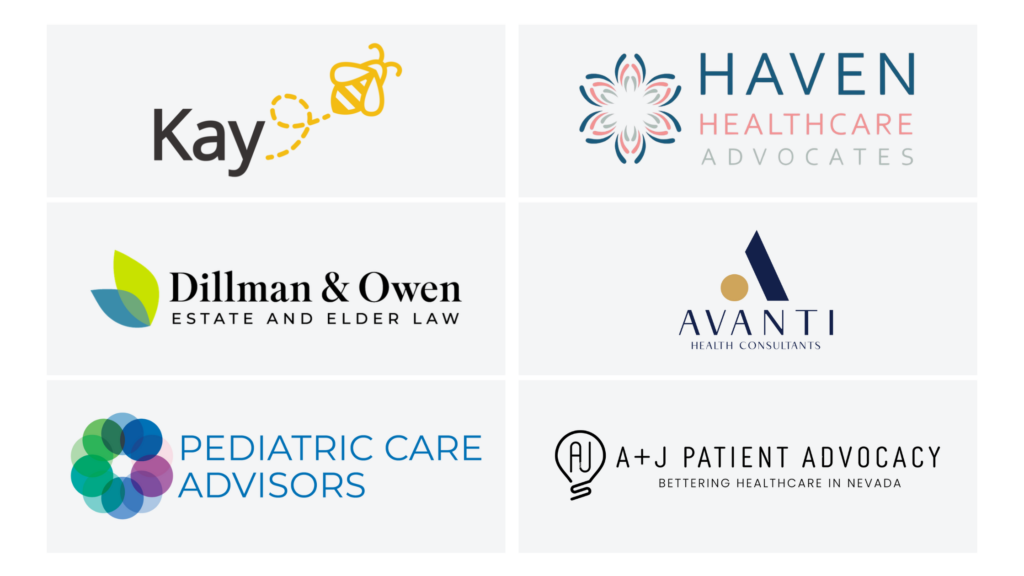Starting a patient advocate business is a praiseworthy effort, especially for a nurse with years in the healthcare sector. Transitioning into this role allows you to leverage your experience, knowledge, and passion for patient care in a new, impactful way. Before embarking on this journey, it’s essential to weigh the pros and cons of starting your own business versus joining an existing one. Additionally, considering mentorship programs that can guide you through this transition is crucial.
Pros of Starting Your Own Patient Advocate Business
Autonomy and Flexibility: Starting your own business offers complete control over your work schedule, the clients you choose to serve, and the services you offer. This autonomy can lead to a more satisfying work-life balance and a business that truly reflects your values and vision.
Customization of Services: With your own business, you can tailor your services to meet the specific needs of your clients. Your extensive experience as a nurse provides unique insights into patient care, enabling you to offer specialized advocacy services that might not be available elsewhere.
Potential for Growth: Building your own business offers unlimited growth potential. As you establish your reputation and expand your client base, you can scale your services, hire additional staff, and potentially increase your earnings beyond what you might achieve working for an existing organization. Primary Record understands the challenges of scaling an advocate business! Learn more about how we can help here.
Cons of Starting Your Own Patient Advocate Business
Financial Risk: Starting any business requires an initial investment and incurs ongoing operational costs. There’s also the uncertainty of income, especially in the early stages, which can be a significant concern for retirees.
Administrative Burdens: Running a business involves numerous administrative tasks, from accounting and marketing to legal considerations. These responsibilities can be time-consuming and distract from the core mission of patient advocacy.
Building a Client Base: Establishing a steady flow of clients can be challenging without the marketing resources and brand recognition of an established organization. It requires significant effort to network, market your services, and build trust within your community.
Pros of Joining an Existing Patient Advocacy Business
Reduced Financial Risk: Working with an existing business minimizes the financial risks associated with starting your own. You may have a more stable income and fewer personal financial investments.
Support and Resources: Existing organizations typically provide administrative support, marketing, and a built-in client base. This allows you to focus more on patient advocacy and less on business operations.
Learning and Development: Joining an established team offers opportunities for collaboration, mentorship, and professional development, enhancing your skills as a patient advocate.
Cons of Joining an Existing Patient Advocacy Business
Limited Autonomy: Working for someone else means adhering to their business model, policies, and schedules. This might not align with your personal preferences or vision for patient advocacy.
Potential for Limited Growth: While you may have a stable income, the potential for professional growth and income may be more limited compared to running your own business.
Programs Helping Guide Aspiring Nurse Patient Advocates
Mentorship programs are invaluable for retiring nurses looking to transition into patient advocacy. These programs offer guidance, training, and support to navigate the challenges of starting a business or working within an existing framework.
Alliance of Health Professional Advocates: Preceptorship Programs
This program is designed for nurses and other clinicians to facilitate a smooth transition into patient advocacy. If you’ve been in clinical practice or served as a care manager, discharge nurse, utilization reviewer, or other clinical or planning role, this program will help you bridge those experiences to your new role as a patient advocate.
APHA’s Preceptorship Program combines formal online coursework with one-on-one training. As a participant, you’ll be paired with a seasoned nurse advocate for personalized coaching, mentoring, and guidance. Participants leave with a solid foundation in patient advocacy principles and practices and how to apply their clinical expertise in an advocacy role.
The three-month program includes:
- Online learning – Nearly 20 modules on the practice and business of patient advocacy
- Live instruction, mentoring, and support – 12 live (virtual) sessions with a seasoned nurse preceptor to review course material, address participant goals and questions, and review real-world client scenarios
- Patient advocacy textbooks – 3 books by Trisha Torrey, patient advocacy pioneer and founder of APHA
For more information and pricing, visit: APHA Preceptorship Program
The Bridge Health Advocates: The Keystone Advocacy Training Program
This program is for people who have worked in the health care system and have a substantial background in caring for patients. Healthcare professionals such as nurses, physicians, physician assistants, nurse practitioners, social workers, physical therapists, pharmacists, and more are welcome to apply. They seek people who want to do meaningful, rewarding work while using their experience and expertise to transform their clients’ lives.
The Keystone Program is a comprehensive program designed to guide you, step by step, through the process of creating a successful private health advocacy business.
For more information and pricing, visit: Bridge Health Advocates Training Program
RN Patient Advocates: Learning Intensive
New models of nursing care delivery continue to emerge in response to increasing chronic illness across the US population. The iRNPA certificate program introduces the knowledge and skills necessary to implement a consultative model of care delivery that coordinates the complex healthcare delivery necessary for individuals with acute and chronic illness. The iRNPA’s also work with individuals to reach their goals of optimal health and wellness.
The RN Patient Advocates Learning Intensive is currently in video format and is presented once a week for a 3-hour zoom class and for an entire Saturday every 5 weeks.
For the application and pricing information, visit: RN Patient Advocates Application Info
Conclusion
Whether you choose to start your own patient advocacy business or join an existing one, both paths offer unique opportunities and challenges. Reflecting on your personal goals, financial situation, and desire for autonomy will help guide your decision. Utilizing mentorship programs can further ease the transition, ensuring you are well-equipped to make the best choice.







